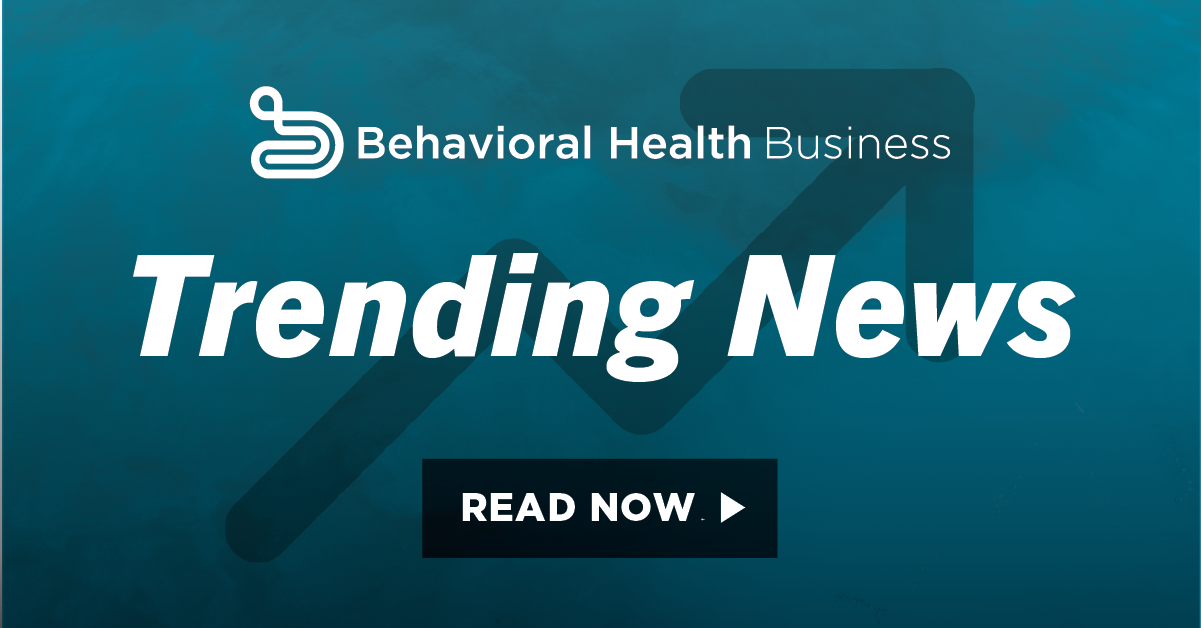
The Biden Administration’s proposed behavioral health parity rules have received a wave of criticism this week from payer associations and the House workforce chair.
Mental health parity, which requires health plans to cover behavioral health on par with physical health care, has been the law for over a decade. But, federal agencies have lacked the teeth to enforce these regulations.
Over the summer, the U.S. Department of Labor released a proposed rule requiring health plans to evaluate their coverage criteria and non-quantitative treatment limitations (NQTL) requirements. The Department of Health and Human Services and the U.S. Treasury would also have a substantial role in developing and enforcing this rule.
Immediately after the proposed rule was released, provider groups, including the American Medical Association, the American Hospital Association and The National Association for Behavioral Healthcare, came out in support.
Several payer groups and legislators are now questioning the new proposal and are concerned it could increase bureaucracy.
“The Committee has grave concerns that the Tri-Agencies’ proposed rules will serve only to weaken parity compliance by giving prominence to bureaucratic reporting, paperwork, and audits,” Congresswoman Virginia Foxx (R-NC), chair of the House workforce committee, said in a letter to the agencies involved with the proposal. “This will pull funding, time, and resources away from helping patients struggling with mental health and substance use disorder (MH/SUD) and will shift valuable resources to meaningless paperwork requirements.”
Meanwhile, The ERISA Industry Committee (ERIC) warns that the proposed regulation could have the opposite effect of parity.
Specifically, the organization says that federal law does not require employers to offer health benefits to their employees. Still, if they offer mental health benefits, all parity requirements would apply.
“The proposed regulations are so burdensome that many of our members will have no other choice but to re-think the type and level of their plans’ coverage of [mental health and substance use disorder] benefits,” ERIC wrote in a letter. “To be clear, such a dramatic shift in coverage is not because our members want to adopt changes to their current coverage. However, the significant burdens associated with the proposed regulations will increase administrative costs… taking valuable and finite resources away from providing additional coverage and care.”
ERIC is an industry group dedicated to representing large employers that provide their employees health, retirement and compensation benefits.
Payers have also expressed concern over vetting certain treatments and providing effective care. BlueCross Blue Shield Association (BCBSA) has noted that the requirements could lead to an uptick in care that is not clinically recommended.
“This rule could push us in the wrong direction by forcing health plans to remove important protections that ensure patients are receiving safe, medically necessary, effective care,” David Merritt, BCBSA’s senior vice president of policy and advocacy, said in a statement. “We’ll continue to work with our partners, the administration and Congress to improve both access and quality for Americans.”
Blue Cross Blue Shield Association is an association of 34 independent and community-based Blue Cross Blue Shield companies.
Despite the pushback from payers, providers and provider organizations have overwhelmingly supported the new rules.
“When behavioral health treatment is delayed or denied, the results can be tragic and for far too long, insurers have created improper barriers to care through unnecessary administrative burdens including prior authorization, inadequate networks, lack of benefits and other denials or delays in necessary care,” Dr. Jesse Ehrenfeld, president of the American Medical Association, said in a statement. “The AMA continues to urge the administration to take action to remove barriers to evidence-based mental health and substance use disorder care in all health insurance programs.”